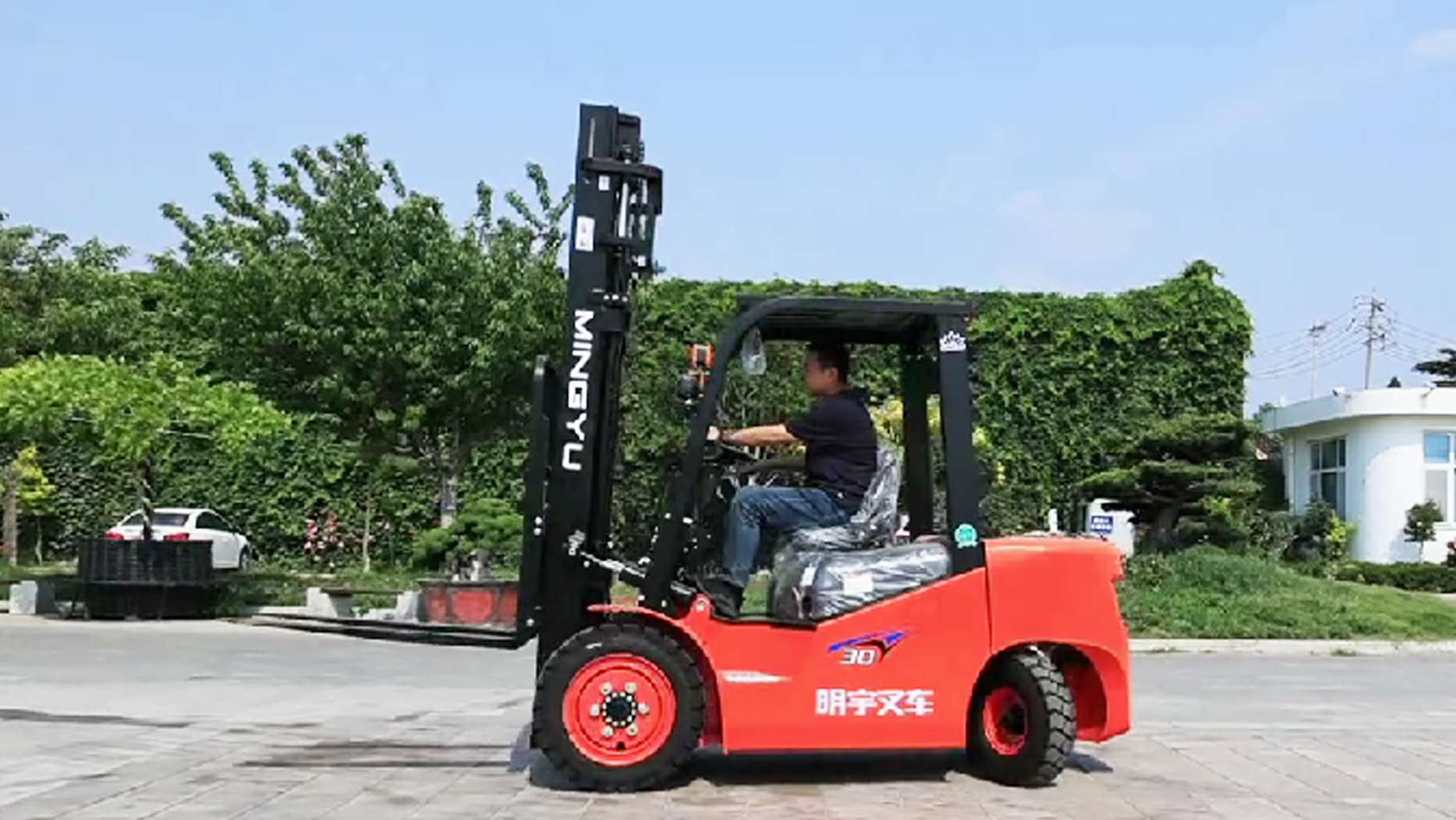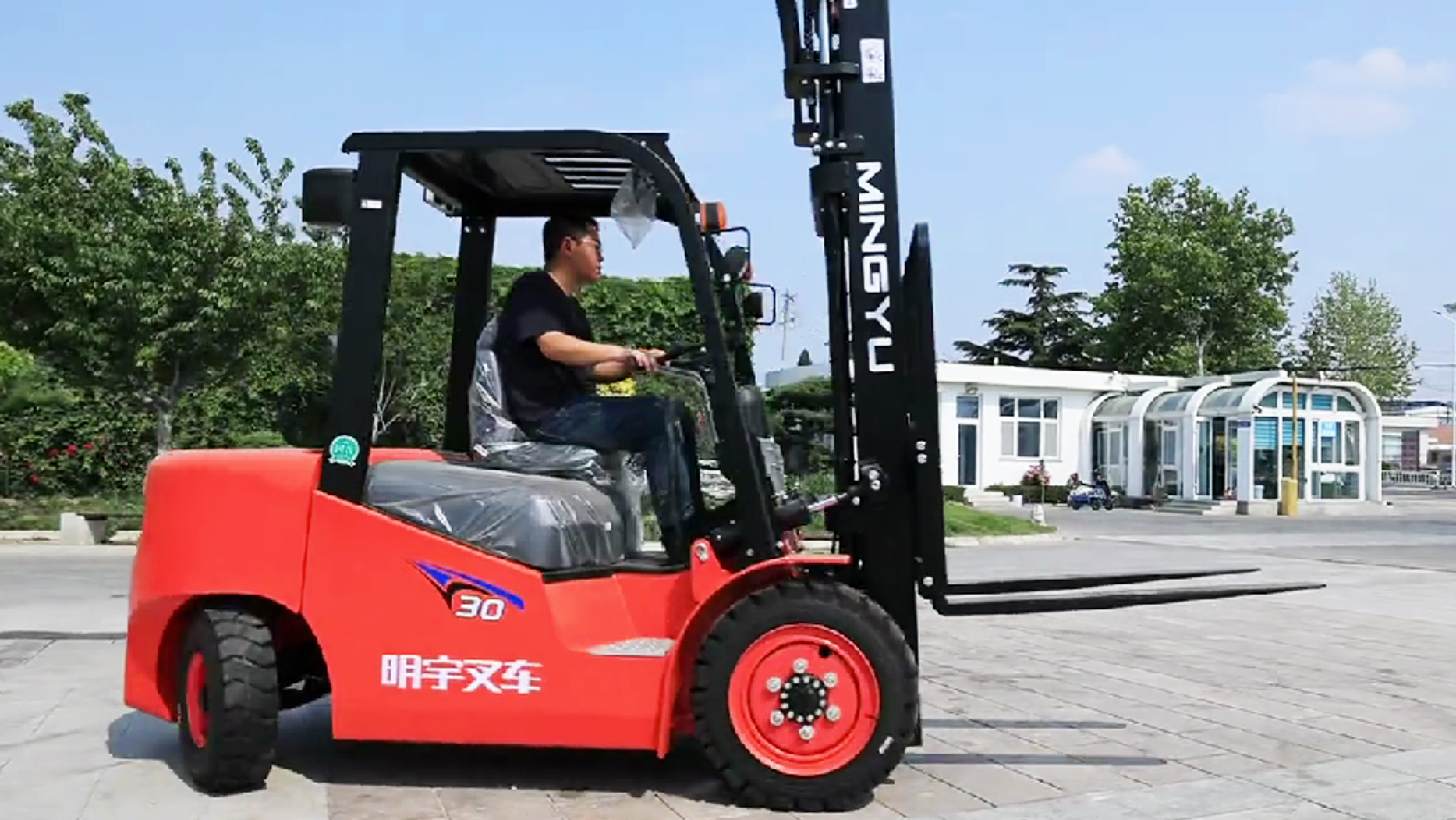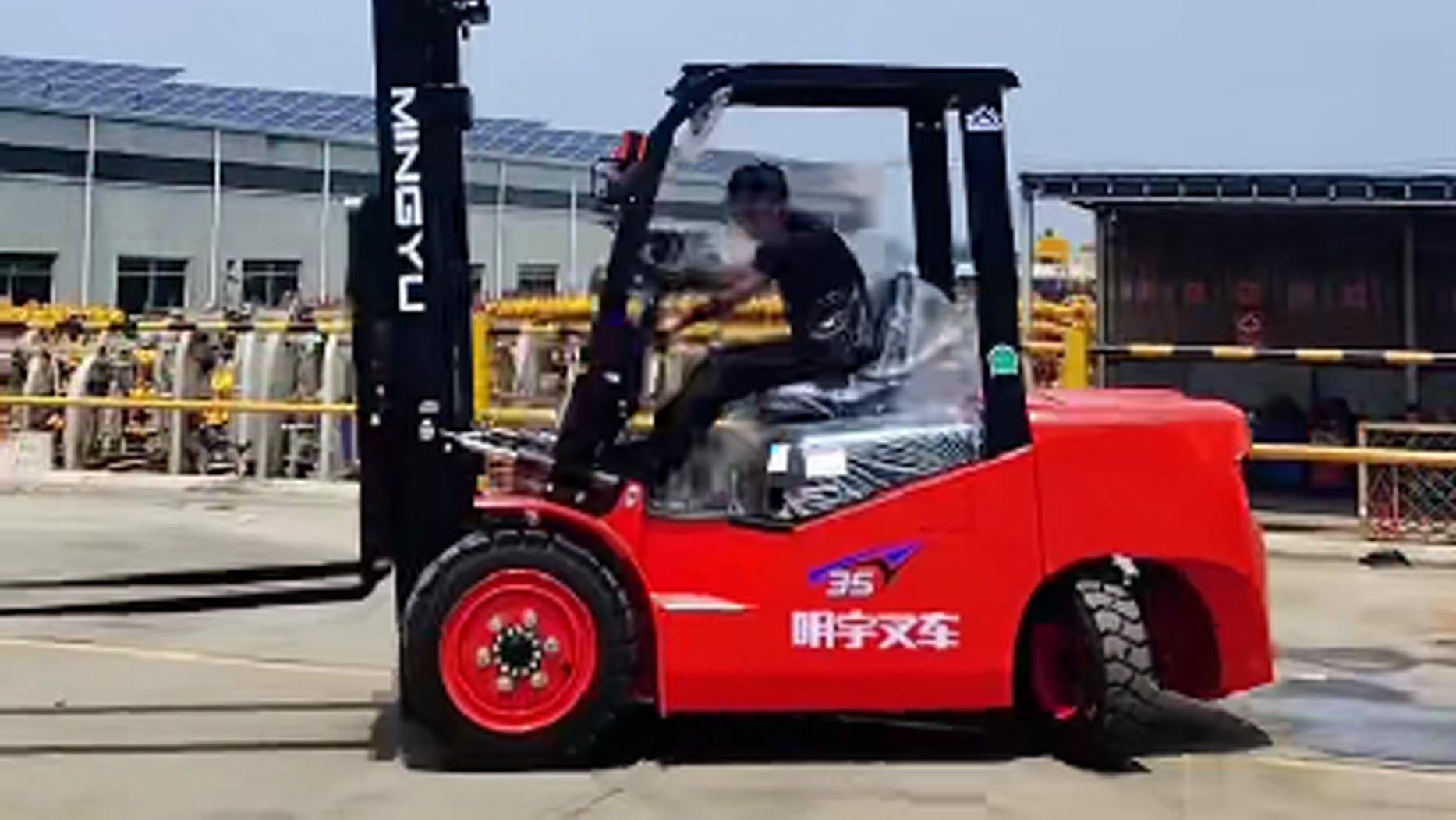The choice between a diesel forklift and an electric forklift is one of the most fundamental decisions a business faces when building or upgrading its material handling fleet. Both power sources offer distinct advantages and disadvantages, making the "better" option entirely dependent on specific operational needs, environmental considerations, and long-term cost projections. There's no one-size-fits-all answer; instead, it's about aligning the forklift's capabilities with the demands of your work environment.
Historically, diesel forklifts have been the titans of outdoor, heavy-duty applications, renowned for their raw power and endurance. However, with advancements in battery technology and growing environmental consciousness, electric forklifts are rapidly gaining ground, challenging diesel's dominance even in some traditionally diesel-exclusive territories. Understanding the nuances of each type is crucial for making an informed investment that maximizes efficiency, safety, and profitability.
Diesel Forklifts: The Rugged Workhorse
Diesel forklifts are internal combustion (IC) engine-powered machines that run on diesel fuel. They are built for power, durability, and sustained performance, especially in demanding environments. A common size like a forklift 3 ton diesel model perfectly exemplifies their capability.

Pros of Diesel Forklifts:
Unmatched Power and Torque: This is the primary reason for choosing a diesel forklift. Their engines provide superior breakout force and lifting capacity, making them ideal for heavy, oversized, or awkwardly shaped loads. They excel at climbing ramps and operating on steep inclines.
Exceptional Outdoor Performance: Designed to thrive in tough outdoor conditions, diesel forklifts are largely unaffected by rain, snow, extreme temperatures (hot or cold), and dusty environments. They offer excellent traction on rough, unpaved surfaces.
Rapid Refueling: Refueling a diesel forklift takes only minutes, minimizing downtime in multi-shift operations. This contrasts sharply with the hours required for battery charging on electric models, or the time needed for battery swaps.
Durability and Longevity: Diesel engines are known for their robust construction and long operational lifespan, enduring the rigors of heavy industrial use with proper maintenance. This durability can also be a selling point if the forklift second hand for sale.
Lower Upfront Cost (Sometimes): While not always the case, a diesel forklift might have a lower initial purchase price compared to a comparable electric model that requires multiple expensive batteries and charging infrastructure for continuous use. Brands like MYZG and MINGYU offer competitive pricing on reliable diesel forklift models, making them accessible.
Simpler Infrastructure: Does not require charging stations or extensive electrical infrastructure, just a fuel storage solution.
Cons of Diesel Forklifts:
Emissions: The most significant drawback. Diesel forklifts emit exhaust fumes containing harmful pollutants (particulate matter, NOx, CO, hydrocarbons). This makes them unsuitable for indoor use in poorly ventilated areas due to health and safety concerns. Increasingly stringent environmental regulations require complex and costly emission control systems (DPF, SCR, DEF), adding to both purchase and maintenance costs.
Noise and Vibration: Diesel forklifts are considerably louder and produce more vibration than electric models, contributing to operator fatigue and creating a noisier, potentially less safe, working environment for others nearby.
Higher Maintenance Requirements: Internal combustion engines demand more frequent and intensive maintenance, including regular oil changes, filter replacements (oil, air, fuel), and potentially more complex diagnostics for emission systems. Fuel handling and storage also add a layer of logistical and safety management.
Fuel Costs: While efficient under heavy loads, the cost of diesel fuel can fluctuate significantly, impacting long-term operational expenses.
Size and Maneuverability: While powerful, diesel forklifts tend to be larger and heavier than electric counterparts of similar capacity, which can limit their maneuverability in tight indoor aisles or confined outdoor spaces.
 Electric Forklifts: The Eco-Friendly Innovator
Electric Forklifts: The Eco-Friendly Innovator
Electric forklifts are powered by rechargeable batteries, driving electric motors. They range from compact models to powerful machines now challenging larger capacities.
Pros of Electric Forklifts:
Zero Emissions: This is the greatest advantage. Electric forklifts produce no exhaust fumes, making them ideal for indoor use in warehouses, food processing plants, pharmaceutical facilities, and any environment where air quality is paramount.
Quiet Operation: They operate with significantly less noise and vibration than diesel models, leading to a quieter, more comfortable, and safer work environment. This reduces operator fatigue and improves communication.
Lower Running Costs (Typically): Electricity is generally cheaper than diesel fuel, and electric motors have fewer moving parts, leading to reduced maintenance needs (no oil changes, spark plugs, or fuel filters). Regenerative braking systems can also recover energy, further enhancing efficiency.
Enhanced Maneuverability: Electric forklifts are often more compact and have smaller turning radii than comparably powered diesel forklifts, allowing for better navigation in tight aisles and confined spaces.
Less Maintenance: With no engine oil, filters, or complex exhaust systems, electric forklifts generally require less frequent and simpler maintenance.
Consistent Performance: Electric motors deliver consistent torque throughout their operating range, unlike IC engines that might see power fluctuate with RPMs.
Increased Safety (Certain Aspects): The absence of combustible fuel reduces fire risk, and quieter operation enhances situational awareness.
Cons of Electric Forklifts:
Charging Time and Infrastructure: Batteries require several hours to fully charge (though lithium-ion batteries are significantly faster and allow opportunity charging). For multi-shift operations, additional batteries and dedicated charging stations (which require significant electrical infrastructure investment) are necessary.
Battery Life and Replacement Cost: Batteries have a finite lifespan (typically 3-5 years for lead-acid, longer for lithium-ion) and are expensive to replace. This contributes significantly to the total cost of ownership.
Sensitivity to Environment: Electric forklifts are more sensitive to wet conditions, extreme temperatures (which can reduce battery performance), and highly dusty environments (which can impact electrical components) compared to robust diesel forklifts.
Less Power/Torque (Historically): While modern electric forklifts are closing the gap, traditionally they offer less raw power and torque than equivalent diesel forklift models, especially for very heavy-duty, continuous outdoor work or climbing steep grades with maximum loads.
Higher Upfront Cost (Often): The initial purchase price for an electric forklift, especially with the cost of advanced batteries and charging equipment for multi-shift use, can be higher than a comparable diesel forklift.
 Which is Better? Making the Right Choice
Which is Better? Making the Right Choice
The decision comes down to a careful evaluation of your specific operational context:
Choose a Diesel Forklift if:
Your operations are primarily outdoors, on rough, uneven, or unpaved terrain (e.g., construction sites, lumberyards, farms, ports).
You consistently handle very heavy, bulky, or awkward loads that demand maximum power and torque, such as with a forklift 3 ton diesel or larger.
You require rapid refueling and continuous 24/7 operation without significant downtime for charging.
You operate in extreme weather conditions (very hot or very cold).
Emissions are not a critical concern for your outdoor environment.
You are considering a forklift second hand for sale and prioritize robust mechanical longevity.
You prioritize brands like MYZG or MINGYU for their strong, reliable diesel offerings at competitive price points.
Choose an Electric Forklift if:
Your operations are primarily indoors, in warehouses, manufacturing facilities, or other enclosed spaces where air quality and noise levels are critical.
You prioritize environmental sustainability and zero emissions.
You are looking for lower long-term running and maintenance costs (excluding battery replacement).
Your loads are within typical warehouse capacities, and you need precise, quiet operation.
You have adequate charging infrastructure or can accommodate charging times for single-shift operations.
You prioritize operator comfort and a quieter workspace.
Emerging Trends and Hybrid Considerations:
The market is evolving:
Cleaner Diesels: Modern diesel forklifts feature advanced emission control systems, significantly reducing their environmental impact, though adding to complexity and cost.
More Powerful Electrics: Lithium-ion battery technology is pushing the boundaries of electric forklift capabilities, allowing them to handle heavier loads for longer durations, challenging diesel in some outdoor and heavy-duty applications.
Hybrid Models: Some manufacturers offer hybrid forklifts that combine the benefits of both power sources, offering a balance of power and efficiency.
In conclusion, neither diesel forklift nor electric forklift is inherently "better"; they are simply different tools for different jobs. A diesel forklift remains the king of raw power and outdoor ruggedness, excelling in heavy-duty, continuous operations on challenging terrains, with models like the forklift 3 ton diesel being popular for this. For businesses seeking these attributes, and perhaps even exploring a robust forklift second hand for sale, brands like MYZG and MINGYU offer strong options. Conversely, electric forklifts are the champions of indoor, clean, and quiet operations, delivering superior environmental and ergonomic benefits. The optimal choice will always depend on a thorough analysis of your specific operational environment, load requirements, regulatory compliance, and overall total cost of ownership.
Post time:Jun.30.2025
